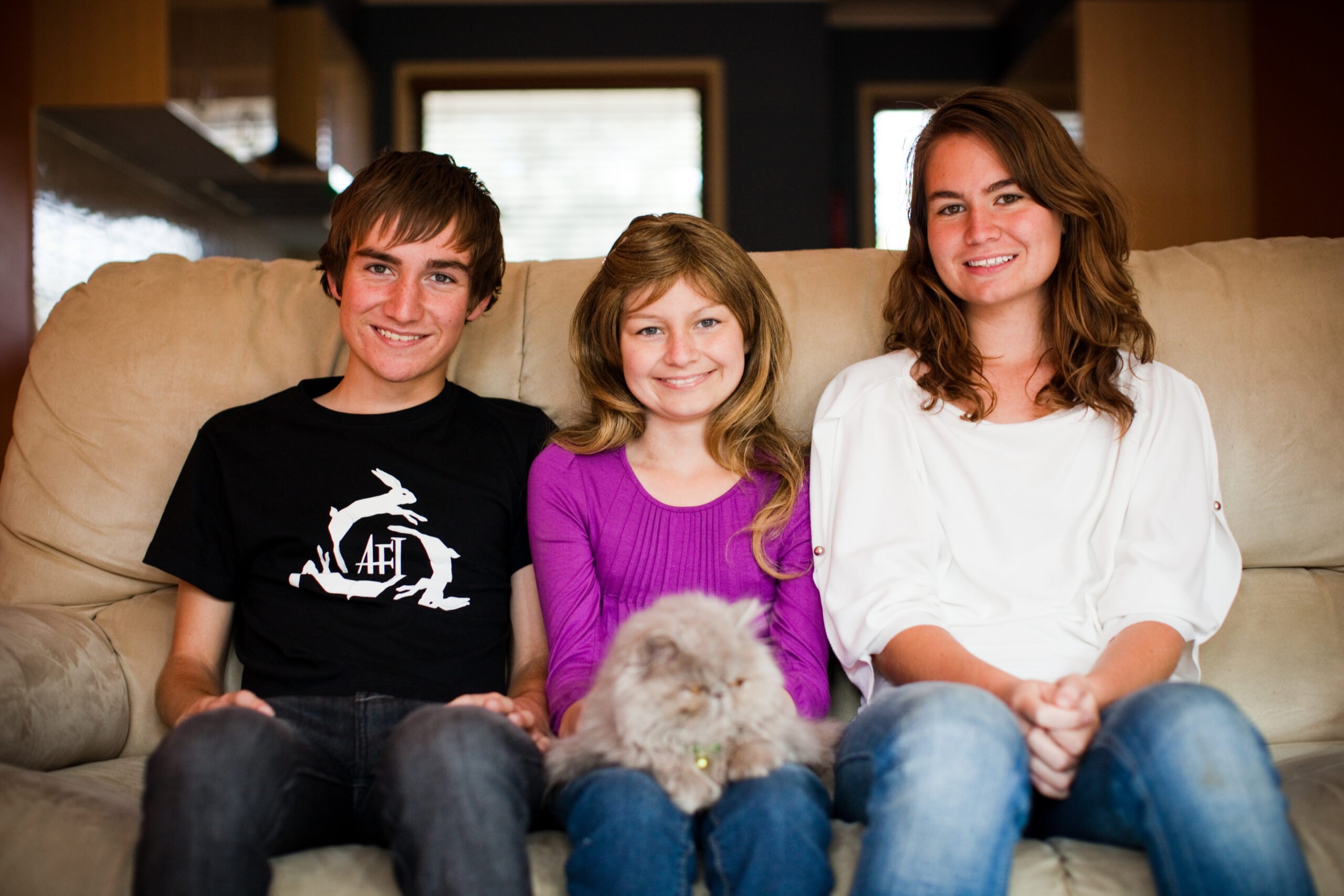
A sibling goes through their own fight when their brother or sister is diagnosed with cancer
These are just a few thoughts and feelings that have been shared with us by young people who have or have had a sibling with cancer or a life-threatening illness.
A greater appreciation of the way your sibling contributes to your life.
That you don’t know how to talk to your friends anymore as their lives seem completely different to yours.
Worried about your sibling and the amount of time you can spend with them.
Feeling that you have to take on an absent parents’ role.
That nothing is or will ever be normal again.
Scared that your sibling may not survive cancer.
Wishing you could take it all away and you would swap places with your sibling.
Pushing your feelings away so not to worry others.
Uncomfortable when people ask you about your sibling.
Angry at yourself, your parents, the doctors or your sibling.
Scared that you may get cancer too.
Lonely and missing your parent and sibling due to being so far away for treatment.
Actually, feeling or being physically sick.
Not feeling like going to school or doing sport, just wanting to spend time with your sibling.
Totally helpless, like you can’t make things better.
A greater understanding of life.
Guilty when you go out and have fun and enjoy yourself.
Wanting to lead a healthier life so you don’t get ill.
Having more empathy for others.
A feeling that people are hiding things from you to protect you (doctors, parents, nurses and others).
Stepping out of your comfort zone to try to help.
Wanting to make a difference in the world.
Wishing you could wake up tomorrow and all will be back to normal.
Seeing everything in life in a very different light.
Sad, upset and isolated.
A totally different outlook on life, a new maturity.
Questions for Siblings To Ask The Medical Team
Are you a teenage sibling of a brother or sister who has just been diagnosed with a brain cancer?
It can be such a confusing and upsetting time. If you would like to know more about what is happening to your sibling you can ask to be included in meetings with your parents, doctors and other medical staff.
You can bring a list of questions that you have as you may have very different questions to what your parents do.
Ask for things to be explained using simple and understandable words.
Never be afraid to ask for information to be repeated.
You can ask to be shown things on a model or through a drawing so that you have a better understanding.
These are some suggested questions you could ask:
What kind of cancer does my brother or sister have?
Will my brother or sister get better?
What are the chances I will get this kind of cancer, too?
What kinds of treatment will my brother or sister get?
Will there be more than one?
How do people feel when they get this treatment? Does it hurt?
How often is this treatment given? How long will it last?
Does the treatment change how people look, feel, or act?
What happens if the treatment doesn’t work?
Where are treatments given? Can I come along?
Caring for Yourself
You may be so focused on your ill brother or sister that you don’t think about your own needs, or if you do, they don’t seem important. But they are!
- Spend time with friend’s
- Stay involved with sports
- Go for a run/walk/swim
- Eat well and drink plenty of water
- Spend time with your pet, they can be very therapeutic
- Do some art and craft
- Get at least 8 hours of sleep each night
- Pray or meditate
- Try stretching and breathing (maybe Yoga)
- Make or listen to music
- Write or read poetry
- Try to stay organised
- Read books or articles about people who have made it through difficult experiences in life. Learn what helped them.
- Stay away from smoking, drinking, and other risky behaviours.





